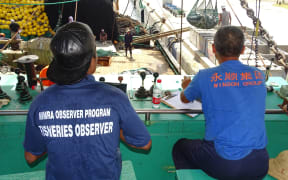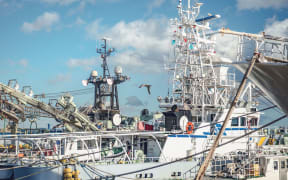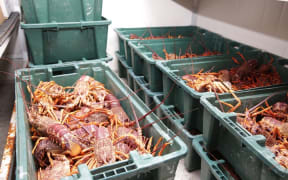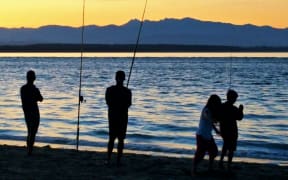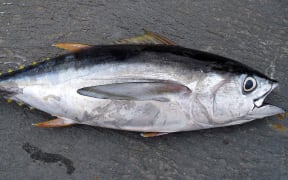Some of the biggest changes to commercial fishing since the introduction of the quota management system are being proposed by Fisheries Minister Stuart Nash.
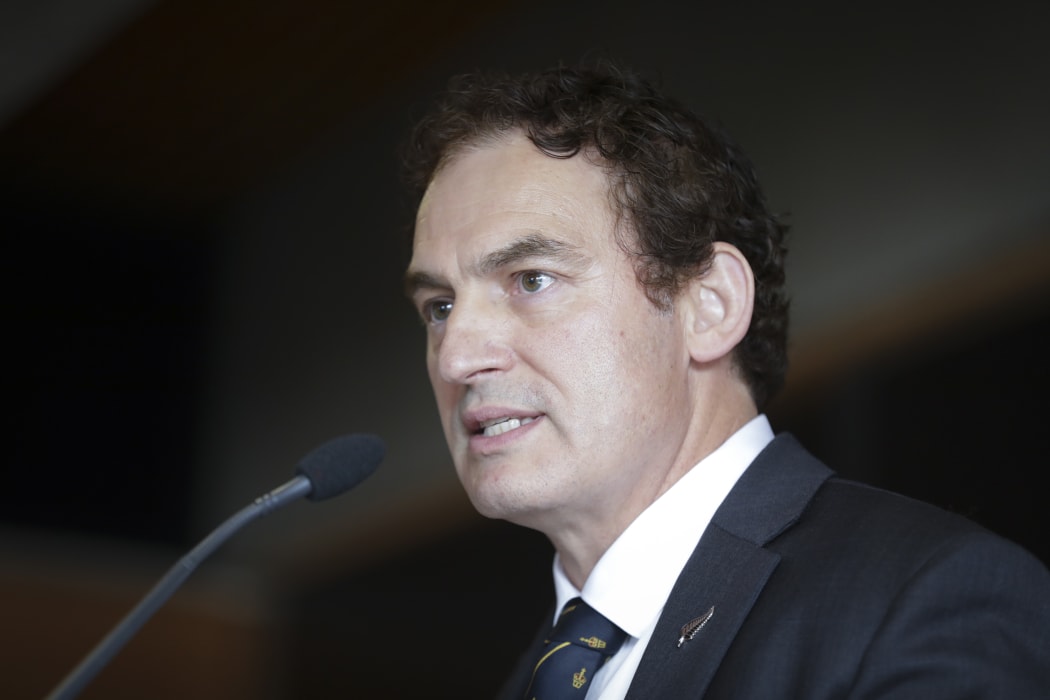
Photo: RNZ / Rebekah Parsons-King
The changes are now open for consultation with the aim of new legislation being drawn up by the end of the year.
One of the biggest changes being floated was around the amount of alive or dead fish operators were allowed to return to the sea if they were undersize or not the species fishers were targeting.
The proposal talked about changing the current rules, which it said were leading to fish being unnecessarily wasted.
There were four main areas of reform being proposed:
- Amending the rules for what fish must be brought back to port and what can be returned to the sea, includes options to tighten the rules so fewer fish are returned to sea, or increasing flexibility so more fish can be returned
- Reviewing offences and penalties to ensure they are fair and effective
- Streamlining and updating the ministerial decision-making process for setting catch limits
- Technical changes to the Fisheries Act
The document laid out three options including requiring all target species to be landed regardless of their size, increasing flexibility so more undersize fish could be returned to the sea or maintaining the status quo.
Critics of the current system said it incentivised fishers to dump vast quantities of dead fish back in to the sea, thereby threatening fish stocks.
Mr Nash has now released a discussion document on the proposed changes.
"I have been told by tangata whenua, the commercial fishing industry, recreational fishing groups and environmental organisations that they all want a better fisheries management system.
"Some of the current rules for commercial fishing are complex, open to interpretation, offer few incentives to adopt innovative practices, and may lead to lost economic value and wasted resources."
Mr Nash also signalled he would explore an on-board camera monitoring regime.
"I am committed to considering on-board cameras once these policy questions are addressed," he said.
"Previous regulations were unrealistic and were developed without adequate engagement. I expect to soon provide an update to Cabinet."
He said it also followed the introduction of electronic reporting of commercial catches and vessel positions.
"The first commercial vessels began electronic reporting in 2017 and it is being further rolled out this year," he said.
